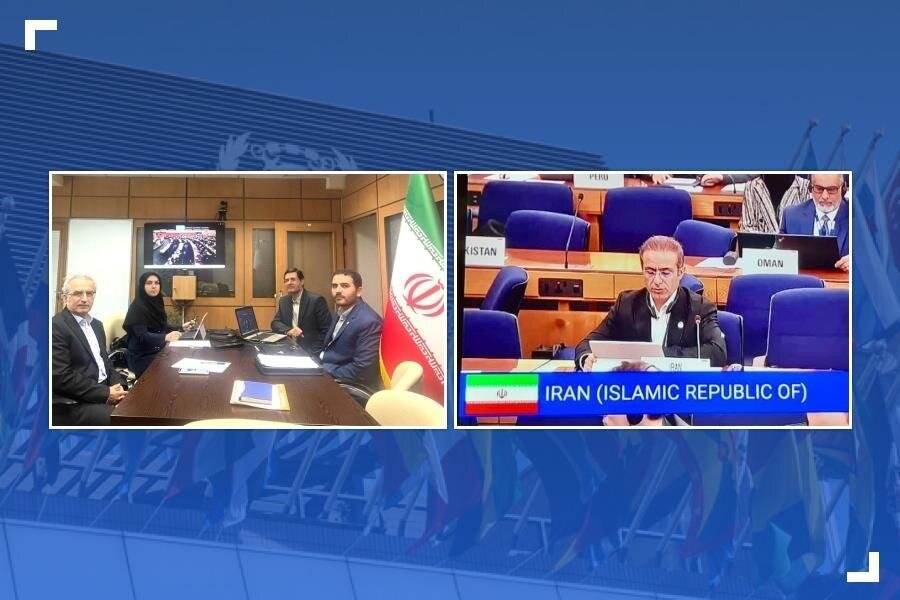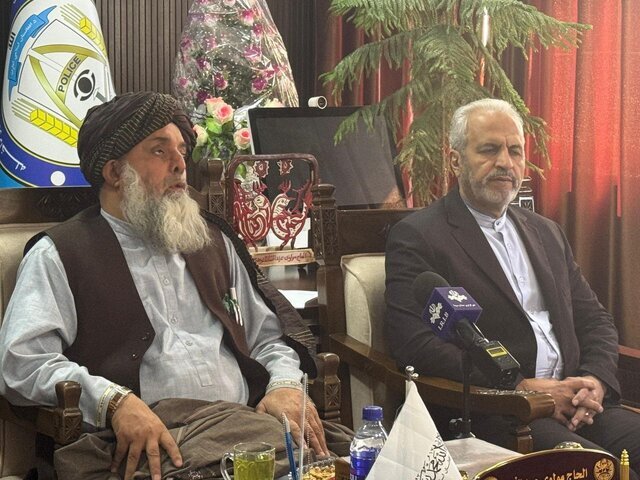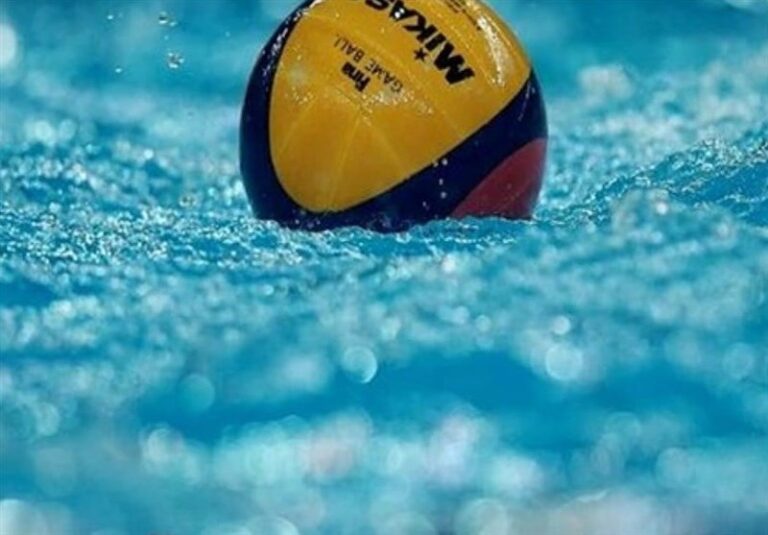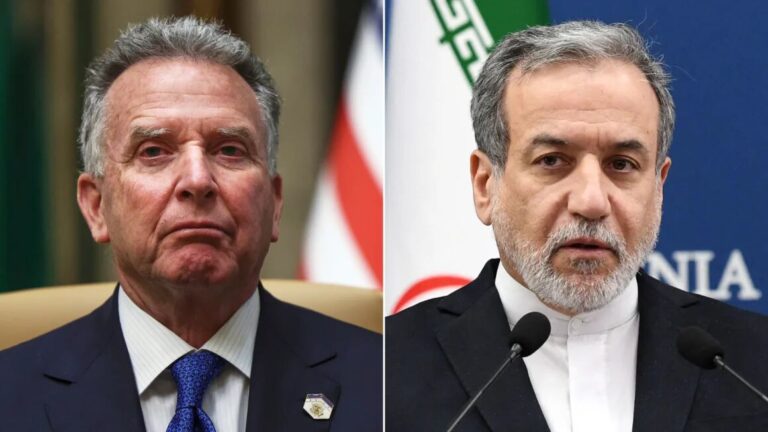Iran Takes Center Stage at 112th Legal Committee Session: Key Contributions and Insights
Representatives from the International Maritime Organization (IMO) member states, including the Islamic Republic of Iran, are currently attending the 112th session of the Legal Committee (LEG) at the IMO Headquarters in London. This significant gathering focuses on various legal aspects that encompass the maritime industry, such as liability, compensation, fair treatment of seafarers, and issues surrounding fraudulent ship registrations.
The LEG session is being conducted in a hybrid format, allowing for both in-person and virtual participation. This flexibility enables a wider range of stakeholders to be involved in discussions that are crucial for the future of maritime law.
Fair Treatment of Seafarers: A Major Concern
The session commenced with the election of the Chair and Vice-Chair. One of the primary topics of discussion is the fair treatment of seafarers, a pressing issue in the realm of maritime labor rights. This topic is vital as it directly impacts the welfare and rights of those working at sea.
Iran’s delegation is led by Pouria Koulivand, the Permanent Representative of the Ports and Maritime Organization (PMO). He is attending the meeting in person at the IMO headquarters, showcasing Iran’s commitment to these critical discussions. Accompanying him are additional PMO officials from various departments, including:
- Legal Affairs Department
- Security Division
- Directorate General of Seafarers’ Affairs
These officials are participating via videoconference, ensuring a comprehensive representation of Iran’s interests and perspectives at the session.
Diverse Legal Issues Under Discussion
The LEG 112 meetings will continue until Friday, March 29, covering a range of significant topics that are pivotal to the maritime sector. Among these, the committee is highlighting:
- Piracy and Armed Robbery at Sea: These issues are ongoing threats to global shipping and require urgent attention.
- Legal Frameworks for Autonomous Vessels: As the maritime industry moves towards automation, discussions on regulatory frameworks are essential.
- Regulatory Challenges of Alternative Fuels: The industry is adapting to global environmental policies, making decarbonization a critical topic of conversation.
These discussions aim to enhance maritime legal frameworks and address the evolving challenges faced by global shipping. The need for updated regulations is more pressing than ever as the industry continues to transform.
Iran’s Active Contribution to the Session
The Iranian delegation has been actively engaged from the outset, delivering three key statements on major legal matters during the initial session. This active participation highlights Iran’s dedication to contributing to vital discussions and shaping the future of maritime law.
The IMO Legal Committee (LEG) plays an essential role in developing international maritime law, particularly concerning liability and compensation regimes, regulatory compliance, and addressing new legal challenges. Iran’s involvement underscores its commitment to global maritime diplomacy and legal cooperation within the IMO framework.
Conclusion
As the LEG 112 session progresses, the commitment of member states, including Iran, to addressing critical issues in maritime law remains strong. The ongoing discussions are not only important for the immediate future of the maritime industry but also for the long-term sustainability and safety of global shipping practices.
With various legal matters on the agenda, the outcomes of this session may lead to significant advancements in maritime regulations, ensuring a safer and more equitable environment for all seafarers around the world.






